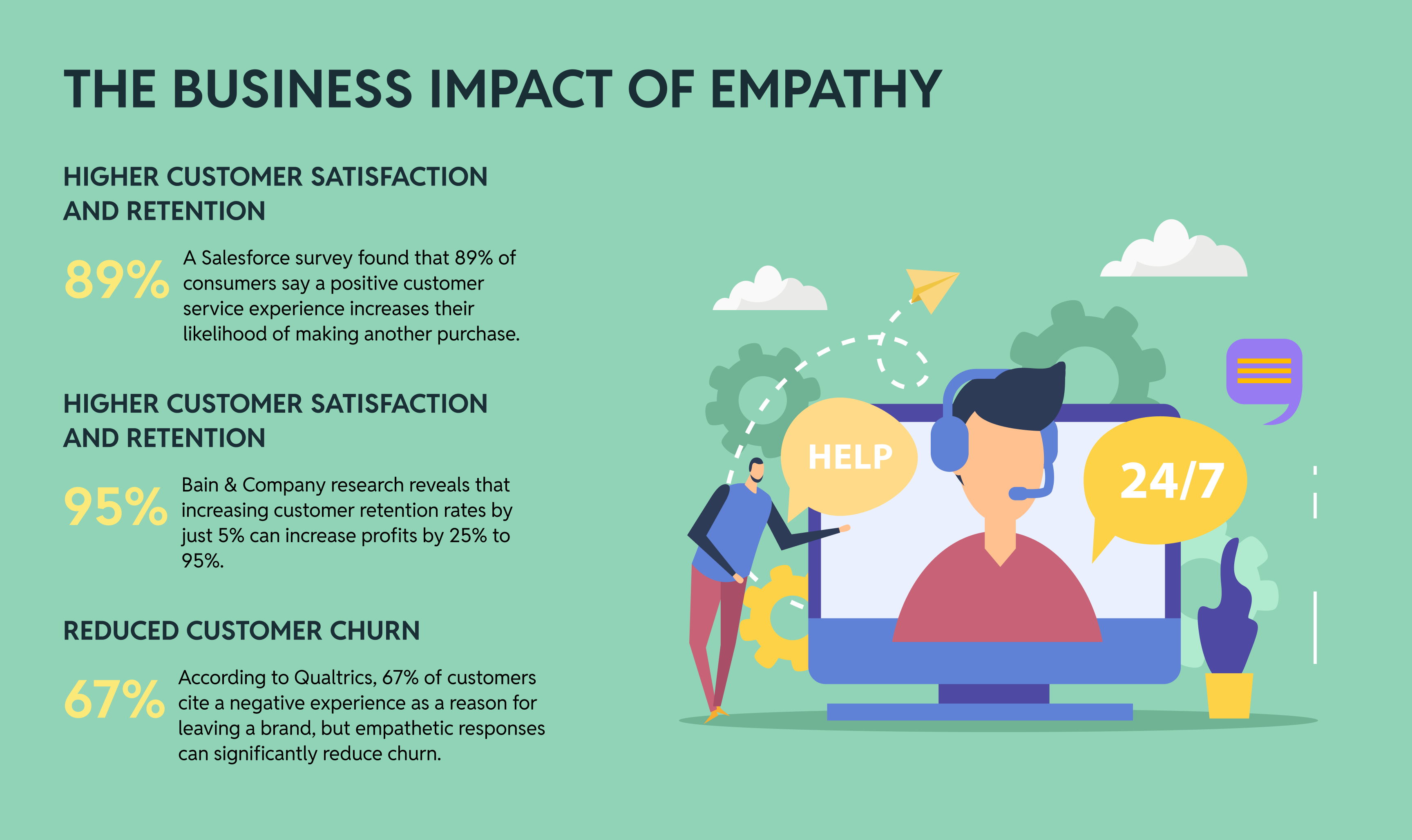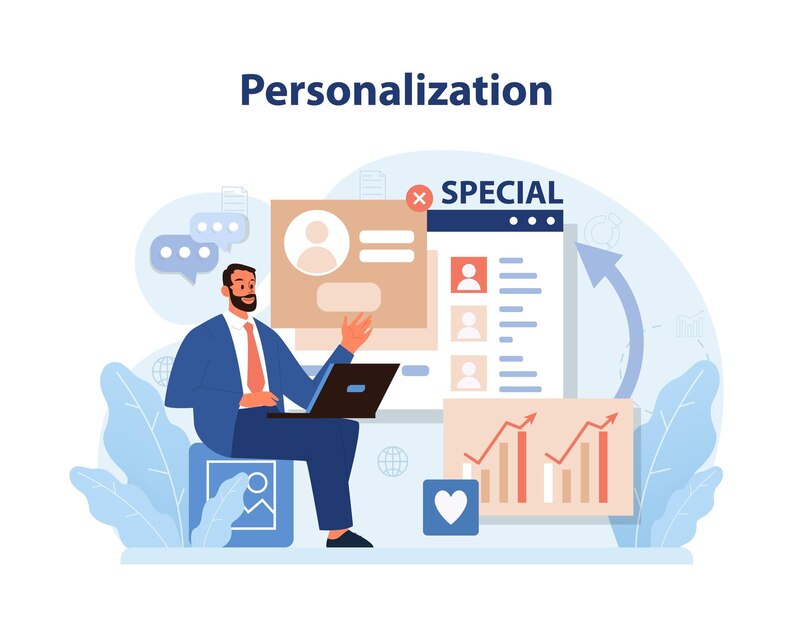In a world where customer expectations are constantly rising, empathy has emerged as a critical component of exceptional customer service. While efficiency and knowledge remain essential, it’s the ability to genuinely understand and connect with customers on a human level that can set a brand apart. Empathy is not only about solving a problem; it’s about making customers feel heard, respected, and valued. When done right, empathetic customer service can transform one-time buyers into long-term advocates.
This article explores why empathy matters, how it impacts key business metrics, and how XMC360 helps organizations cultivate empathetic interactions at scale.
Why Empathy Matters in Customer Service
Empathy involves placing yourself in the customer’s shoes, acknowledging their feelings, and responding in a way that respects their perspective. According to a study by PwC, 59% of U.S. consumers say companies have lost touch with the human element of customer experience¹. This gap presents a significant opportunity: by rediscovering empathy, businesses can bridge the disconnect between transactional exchanges and meaningful relationships.
Empathy also drives customer loyalty and satisfaction. Research by Forrester has shown that emotionally engaged customers are three times more likely to recommend a brand. When customers perceive that a company truly cares, they reward that brand with loyalty, repeat purchases, and positive word-of-mouth.

The Business Impact of Empathy
Empathy isn’t just a feel-good concept—it has tangible business benefits. Companies that excel at empathetic customer interactions see improvements in several areas:

Higher Customer Satisfaction and Retention
When customers feel understood, they’re more likely to remain loyal. A Salesforce survey found that 89% of consumers say a positive customer service experience increases their likelihood of making another purchase2.

Enhanced Brand Reputation
Empathetic service fosters trust. Bain & Company research reveals that increasing customer retention rates by just 5% can increase profits by 25% to 95%3. Customers who trust a brand are more likely to stay and advocate for it.

Reduced Customer Churn
Addressing customer pain points with empathy can turn around negative experiences. According to Qualtrics, 67% of customers cite a negative experience as a reason for leaving a brand, but empathetic responses can significantly reduce churn4.
Strategies for Cultivating Empathy

Active Listening
Train customer service representatives to listen attentively, avoiding interruptions and acknowledging the customer’s feelings before diving into solutions. Active listening shows customers that their concerns matter.

Personalization
Address customers by name, refer to their past purchases or inquiries, and use information from their history to tailor responses. This personal touch can make customers feel genuinely cared for, rather than processed through a script.

Clarity and Transparency
Be honest and open with customers. If there’s a delay or an error, explain the situation empathetically and outline steps being taken to resolve it. Transparency helps customers feel respected and keeps frustration at bay.

Empower Your Team
Give employees the authority to resolve issues without multiple escalations. Empowered representatives can respond more quickly and empathetically, creating positive, memorable experiences.
How XMC360 Enables Empathetic Customer Service
At XMC360, we understand that empathy is a critical differentiator in customer service. Our platform integrates advanced customer relationship management (CRM) tools, AI-driven insights, and omnichannel support to help teams deliver empathetic interactions at scale.
Unified Customer Data
XMC360 provides a single view of the customer across all channels, enabling representatives to quickly access relevant information and tailor responses accordingly.
Real-Time Sentiment Analysis
AI-powered sentiment analysis helps identify the emotional tone of a customer’s message, guiding representatives to choose empathetic language and solutions.
Omnichannel Consistency
Whether customers reach out via phone, chat, social media, or email, XMC360 ensures consistent service experiences. Consistency builds trust and helps representatives maintain empathy, regardless of the platform.
Ongoing Training and Feedback
Our analytics tools highlight areas for improvement, enabling businesses to continually refine their approach and ensure that empathy remains central to their customer service strategy.

Conclusion
Empathy has moved from a “nice to have” quality to a strategic imperative in customer service interactions. It humanizes the relationship between brands and their customers, fostering loyalty, trust, and long-term advocacy. As consumer expectations evolve, empathy becomes a powerful tool for differentiation and growth.
With XMC360, businesses gain the technology and insights needed to deliver empathetic, personalized experiences at scale. By championing empathy, companies can transform service interactions into lasting, positive impressions that fuel customer satisfaction and loyalty.
References:
- PwC. (2018). Experience is everything: Here’s how to get it right.
- Salesforce. (2019). State of the Connected Customer.
- Bain & Company. (2014). The value of keeping the right customers.
- Qualtrics. (2020). 2020 XM Institute Research: ROI of Customer Experience.


